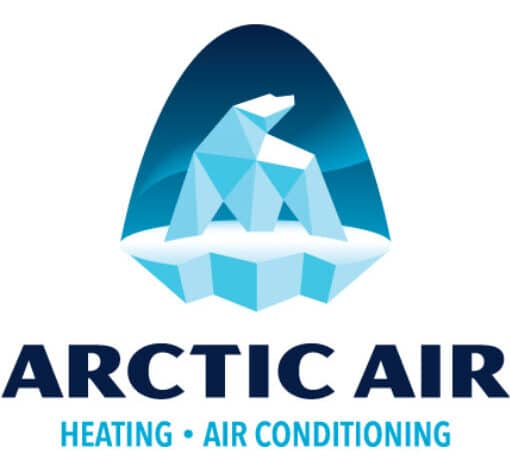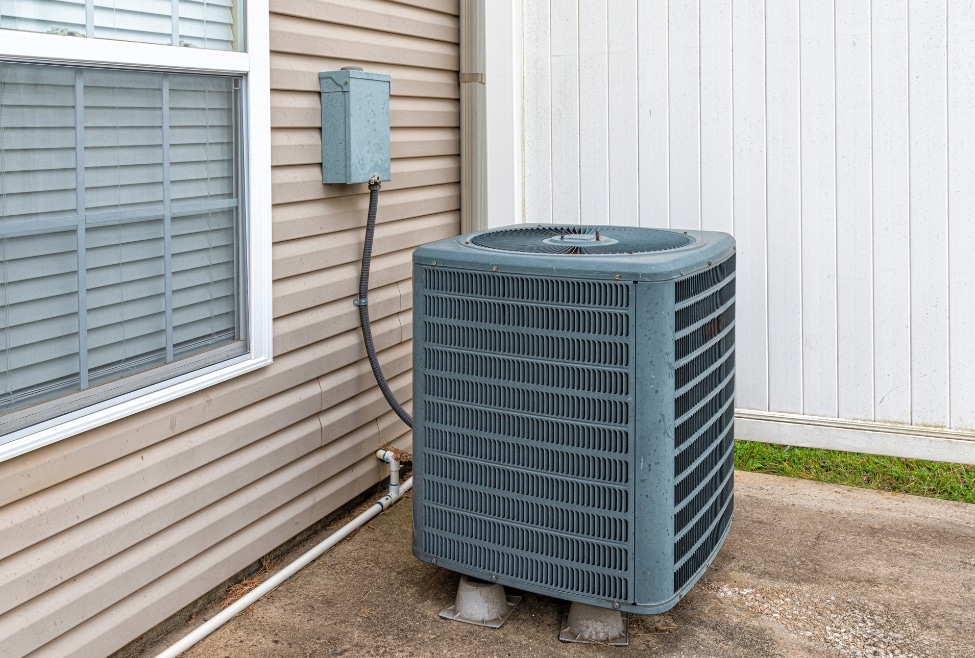Why Is My AC Leaking Water?
Understanding the Causes of Air Conditioner Leaks
An AC leaking water can be a homeowner’s nightmare, causing water damage and reducing your system’s efficiency. Understanding how to troubleshoot a leaking air conditioner can save you time, money, and stress. Here’s a step-by-step guide to help you diagnose and fix the issue, so you can get back to enjoying your cool AC during this hot summer.
Why Is My AC Leaking Water?
Before diving into troubleshooting, it’s important to understand why air conditioners leak. Common reasons include:
- Clogged Condensate Drain Line: A blockage in the drain line can cause water to back up and overflow.
- Dirty Air Filters: Dirty filters can freeze the evaporator coil, leading to water leaks when it melts.
- Low Refrigerant Levels: Low refrigerant can also freeze the coil, causing similar issues.
- Damaged Drain Pan: Cracks or rust in the drain pan can lead to leaks.
Step-by-Step Troubleshooting Guide
Turn Off the Air Conditioner
First, ensure your safety by turning off the AC unit at the thermostat and breaker box.
Inspect the Condensate Drain Line
Check the condensate drain line for blockages. Use a wet/dry vacuum to clear any debris. A clear drain line is crucial for preventing leaks.
Clean or Replace Air Filters
Dirty air filters can cause a lot of problems. Check the filters and clean or replace them if they’re clogged. Regular maintenance of air filters ensures efficient airflow and prevents freezing of the evaporator coil.
Check the Evaporator Coil
Inspect the evaporator coil for dirt buildup or ice formation. Clean the coil with a soft brush or a commercial coil cleaner. If it’s frozen, allow it to thaw completely before turning the AC back on.
Examine the Drain Pan
Look at the drain pan under the unit for any cracks or rust. If you find damage, replacing the drain pan might be necessary to stop the leak.
Verify Refrigerant Levels
Low refrigerant levels can cause the evaporator coil to freeze. If you suspect this is the issue, it’s best to call a professional HVAC technician to check and refill the refrigerant.
Contact Us
If you’re experiencing issues with your air conditioner or need professional HVAC services, don’t hesitate to reach out to us. At Arctic Air, our team of skilled technicians is ready to assist you with all your air conditioning and refrigeration needs. Contact Arctic Air at (661)-550-1364. We proudly serve Lancaster, Palmdale, Rosamond, Acton, Quartz Hill, and Tehachapi. Your comfort is our priority!
FAQs
How to troubleshoot a leaking air conditioner?
To troubleshoot a leaking air conditioner, start by turning off the unit to prevent further damage. Check the condensate drain line for blockages and clear any debris using a wet/dry vacuum. Inspect the evaporator coil for dirt buildup or ice, and clean it if necessary. Examine the drain pan for cracks or rust, replacing it if needed. If the leak persists, it’s best to contact a professional for a thorough inspection and repair.
How can I find where my AC is leaking?
To locate the source of your AC leak, begin by checking for water around the indoor unit. Inspect the condensate drain line for any blockages or kinks. Look at the evaporator coil to see if it’s dirty or frozen. Additionally, examine the drain pan for any visible damage. If you still can’t identify the source of the leak, consider calling a professional technician to help diagnose the issue.
Is it bad to run AC with a leak?
Running an air conditioner with a leak can be harmful. Leaks can indicate issues like clogged drain lines or frozen coils, which, if left unaddressed, can cause significant damage to the system and your home. Moreover, water leaks can promote mold growth, posing health risks. It’s advisable to fix the leak promptly to prevent further complications.
How long will AC last with a leak?
The longevity of an air conditioner with a leak depends on the type and severity of the leak. Minor leaks, such as those from a clogged drain line, can be quickly fixed and may not affect the AC’s lifespan much. However, more serious leaks, like refrigerant leaks, can reduce the efficiency and lifespan of the unit. Addressing leaks promptly ensures your AC runs smoothly for a longer period.
Should I be worried if my AC is leaking?
Yes, you should be concerned if your air conditioner is leaking water. A leaking AC can signal various issues, from minor clogs to more severe problems like refrigerant leaks. Ignoring these signs can lead to further damage to your AC system and potential water damage to your property. Addressing the leak early can save you from costly repairs and ensure your system operates efficiently.


